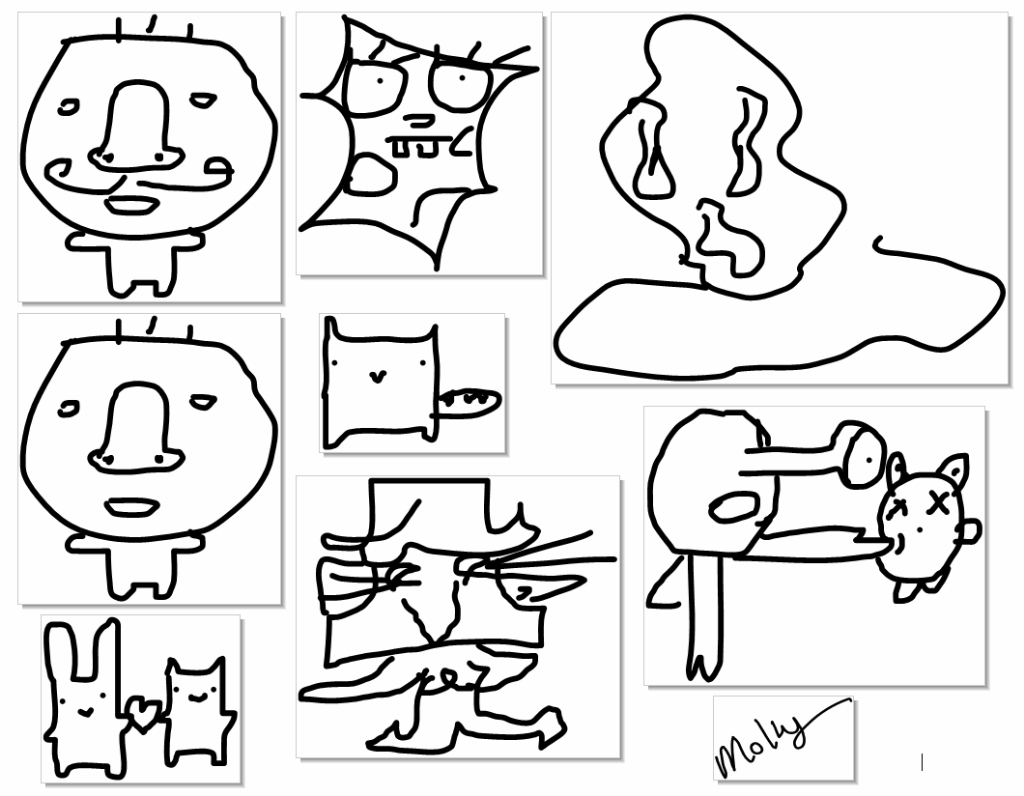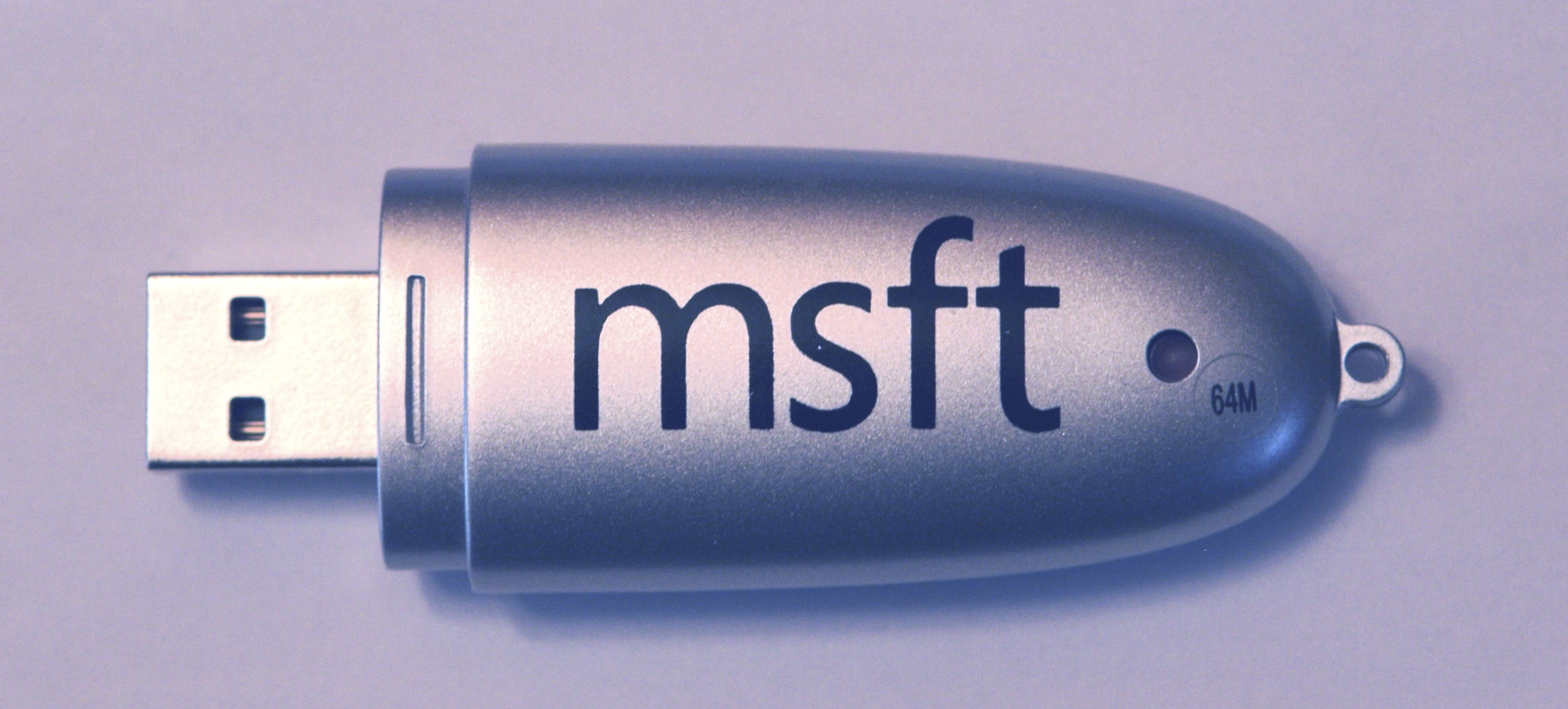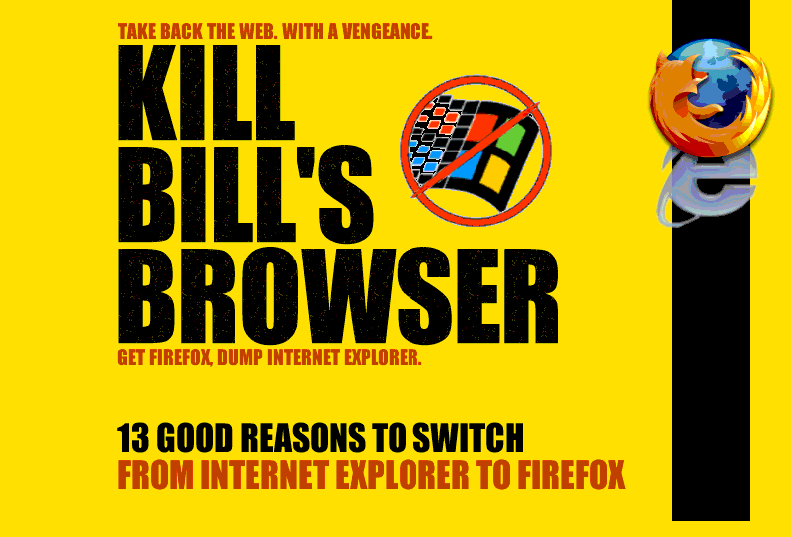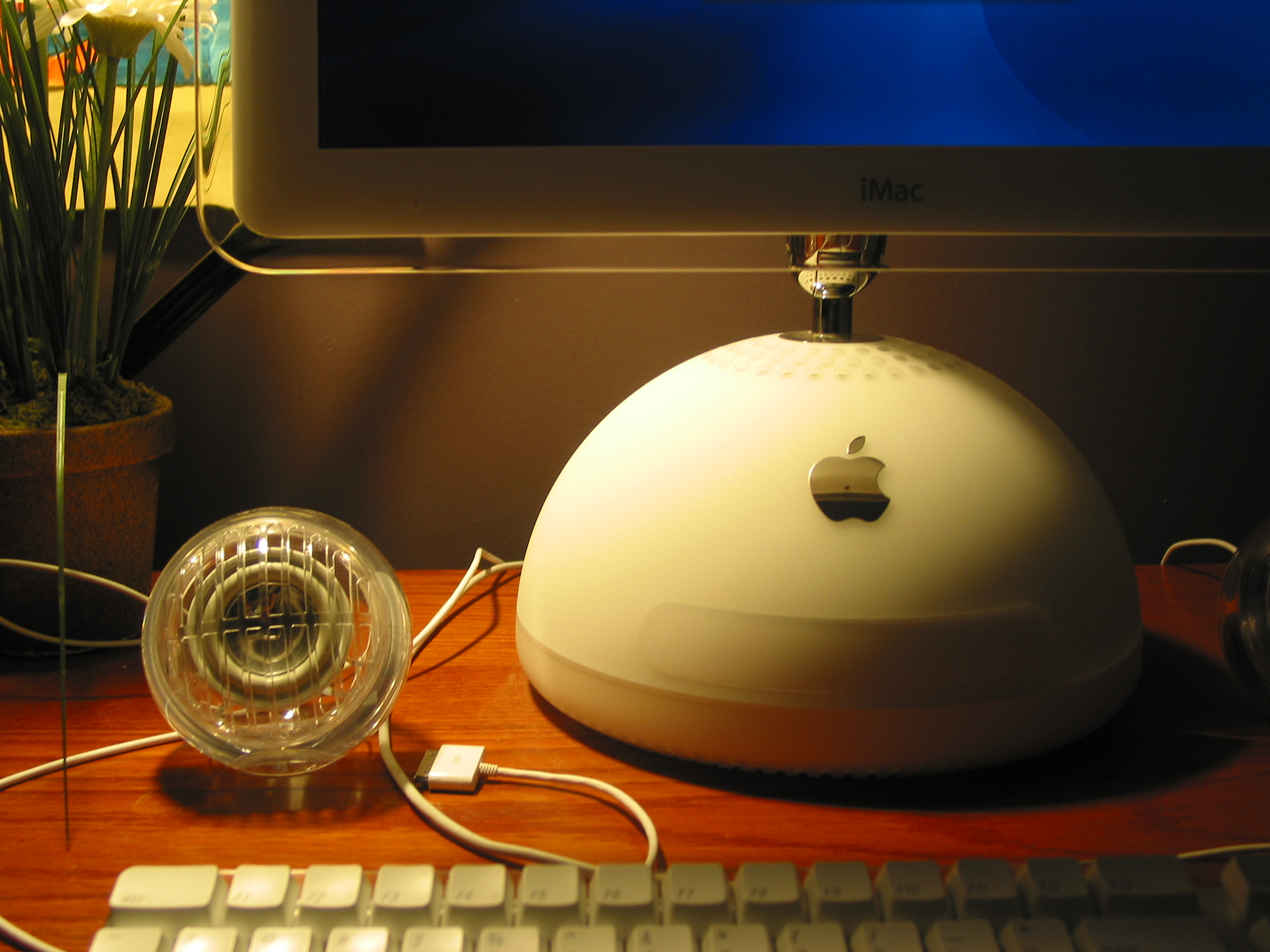These days, Google seems to be interested in just about everything—portals, search, VoIP, instant messaging, email, photos, blogging, maps, topography, Wi-Fi and NASA, just for starters. Google’s eclectic interests must aggravate Microsoft’s competitive analysis folks. Every week, someone asks me what any part of all this stuff has to do with search. After all, Google is a search company.
I disagree. Google no longer is just a search company, if it ever really was. Search is really a means to an end, and that end is the access to information. Looked at from this perspective, access to information, all of Google’s recent announcements make sense. And combined they foreshadow where the company is going and why Microsoft really should worry about Google.










